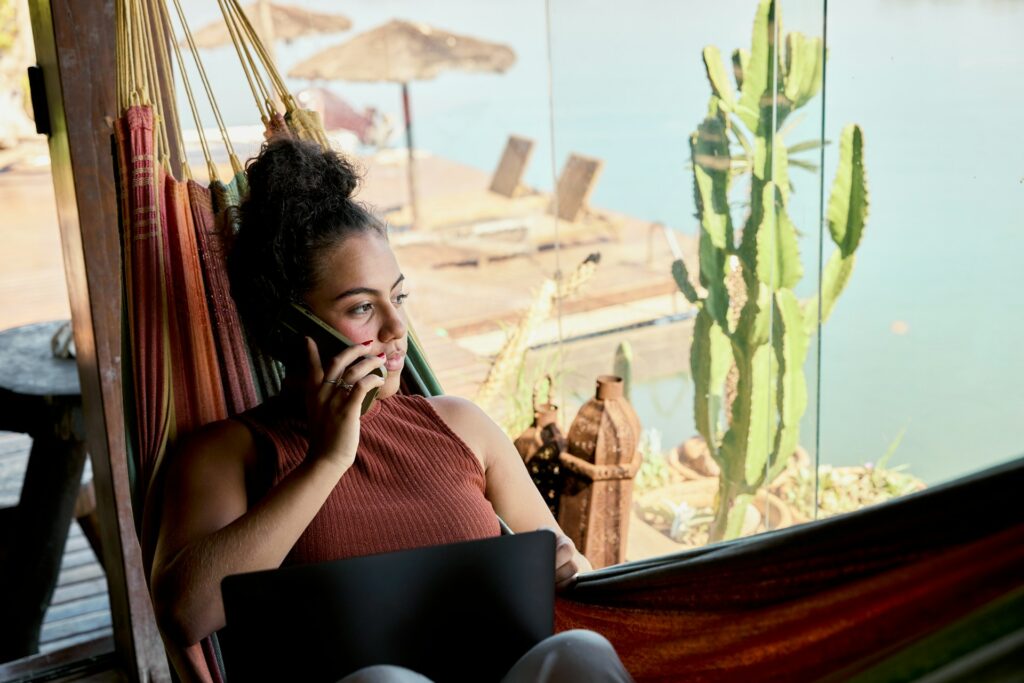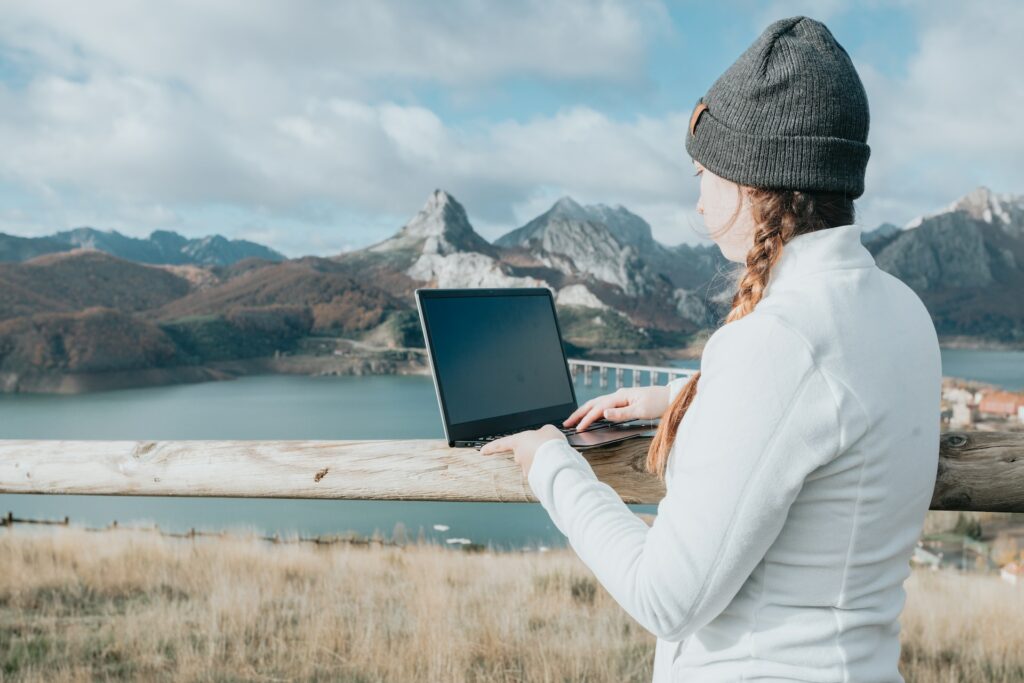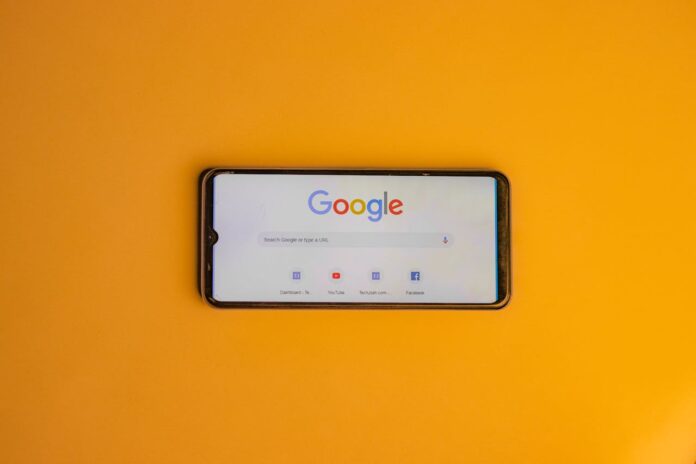Your office is the beach and your idea of a tea break is heading to the local bar for an ice cold beer. You can work from anywhere in the world, at any time, as long as you can get online. For you, ‘the commute’ is a short stroll to a shady spot under a palm tree.
Hmmm. If only it was that simple. In fact, life as a digital nomad can be fraught with obstacle and stress. Typically, the wage isn’t regular, the lifestyle is transient and the travel expenses constant. Without consistent, clever monitoring of your money, it’s back to British soil with your tail between your legs before you know it. With that terrifying proposition in mind, here are some top tips on managing your finances better as a digital nomad.
Currency Exchange Canny
Simply withdrawing money from your bank can be a dangerous game to play indeed, as bank fees for taking out money abroad can be astronomical (never opt for your home country’s exchange rate when offered at an ATM machine, by the way).
If you spend your time focused on just one or two countries abroad, you may find that it ends up being cheaper and more convenient having bank accounts in each of those countries and transferring your earnings over when you need them. Normal bank transfers can be expensive, so it’s usually cheaper to do this through a money transfer service.
Above all, avoid currency exchanges at physical counters whenever possible; these skim off a pretty significant percentage of your money each time you use them.

Be Aware Of Your Tax Obligations
You might think that one of the many great things about being in constant motion means that you’re no longer obliged to pay taxes back in Blighty. This simply isn’t the case.
Tax rules can be complicated and vary hugely from country to country, but generally, if you’re earning money abroad for less than a year and then returning to Britain, you’re going to need to pay some tax. What’s more, you may not just have to pay taxes in your home country – you may also be liable for taxes in the countries you’re travelling around.
Several countries now offer specific digital nomad visas with unique tax benefits. For instance, the Spain digital nomad visa tax arrangement offers non-residents a reduced rate of 15% (rather than the standard 24%) for up to five years. Similarly, Portugal’s NHR programme, Croatia’s digital nomad residency, and Estonia’s e-Residency all offer varying tax incentives designed to attract remote workers.
This gets extremely complex, so start by using a tax calculator to gain an objective understanding of your overall financial picture. Do your research thoroughly and seek professional advice on your specific set of circumstances. It may seem like money that doesn’t need spending, but knowing when and where you are going to have to pay tax could save you lots of money and hassle in the long run.
Be particularly mindful of double taxation agreements between your home country and the places you’re visiting. These agreements exist between many nations to ensure you don’t end up paying tax twice on the same income, but you’ll need to actively claim these benefits.
Always declare your earnings via self-assessment to keep things above board, and consider consulting with an accountant who specialises in expatriate or digital nomad taxation. Their expertise could potentially save you far more than their fee.
Read: Discovering Ponta Do Sol, Portugal’s digital nomad village


Keep A Detailed Track Of Your Income & Expenditure
Monitoring the amount you spend and on what is essential when you’re a digital nomad. Keeping track of your incomings and outgoings on a spreadsheet means that you can analyse patterns of spending, times of the month when you’re earning less, and as such curtail any bad budgeting habits.
Categorise your expenses specifically for nomad life: accommodation, transport, workspaces, visas, dining, and business expenses. For each, track both the local currency amount and the converted amount in your home currency to identify when currency fluctuations are affecting your budget.
Set up monthly reviews of your finances to spot trends. Are certain countries draining your budget faster? Are particular months more lucrative for your work? This data helps you plan your travels around your financial calendar.
For freelancers, track not just income received but work completed, invoiced, and pending payment to forecast cash flow more accurately. Note clients who consistently pay late, as this affects your planning.
It’s also useful when you come to do those taxes to have a detailed record on your system, particularly for proving tax residency status or claiming business expenses. Consider using cloud-based storage for these records so they’re accessible regardless of where you are in the world.
Don’t forget to account for hidden costs back home. Monthly storage unit fees for your belongings, ongoing subscriptions, property maintenance, mail forwarding services, and even dormant bank account fees can silently drain your finances whilst you’re enjoying life abroad. Add these recurring home-country expenses to your tracking system to maintain a complete financial picture.
Read: How and where to store your belongings as a digital nomad


Build A Buffer
Saving some money and setting up a separate ‘emergency’ account into which you pay a small sum each month is a sound idea, giving you a buffer for when your budgeting inevitably hits the occasional skids. The nature of the work of a digital nomad is unpredictable and unreliable, and income is rarely steady.
Getting into debt can spell the end of this lifestyle. Running out of money is difficult in any walk of life, but if you aren’t classed as a resident in your home country anymore, and haven’t budgeted for a buffer, it can be truly impactful.
Invest In Good Travel Insurance
One aspect of digital nomad life that can’t be overlooked is the need for comprehensive travel insurance. While it may seem like an unnecessary expense when you’re trying to keep costs down, the right travel insurance policy can save you from financial ruin in the event of medical emergencies, theft, or travel disruptions.
Look for policies that cover a wide range of eventualities, including health care in multiple countries, emergency repatriation, and coverage for your tech gear, which is essential for your work. Remember to read the fine print and ensure that the policy is suitable for the nomadic lifestyle, as some policies have limitations on the duration of travel.

Utilise Budgeting Apps & Financial Tools
In the digital age, there’s an abundance of financial tools and apps designed to help you manage your money more effectively. Budgeting apps can connect to your bank accounts and automatically categorise your spending, making it easier to see where your money is going.
Some apps also offer features like setting spending limits, sending alerts when you’re about to go over budget, and providing insights into your financial habits. Utilising these tools can take a lot of the manual work out of financial tracking and help you stay on top of your finances with minimal effort.
Here are some budgeting apps that are well-suited for digital nomads, keeping in mind the need for currency conversion, ease of use, and expense tracking:
- YNAB (You Need A Budget) is a popular budgeting tool that follows the envelope system. It’s great for digital nomads because it allows you to plan for infrequent expenses and adjust your budget as your income fluctuates, which is common for nomads.
- PocketGuard simplifies budget management by connecting to your bank accounts and tracking your spending. It categorises expenses, which can help you identify where you might be overspending.
- Trail Wallet is specifically designed for travellers, Trail Wallet helps you track your expenses over time and across different countries and currencies, making it ideal for someone constantly on the move.
- Mint is a free budgeting app that connects to your bank accounts and categorises your transactions. It also provides financial overviews and can help you set and manage financial goals.
- Goodbudget is based on the envelope budgeting method and is perfect for those who prefer a hands-on approach to budgeting. It doesn’t sync to your bank accounts, which can be a pro or con depending on your preference for security versus convenience.
- Wise. While Wise is not a budgeting app per se, it’s incredibly useful for digital nomads for currency conversion and making international transfers at a low cost. It can help you manage your money across different currencies.
- Expensify is geared more towards business travellers, but it’s also useful for digital nomads who need to keep track of receipts and expenses for tax purposes or for those who freelance and need to bill clients.
- Revolut offers budgeting tools within its app, along with the ability to hold and exchange multiple currencies, which is a significant advantage for digital nomads.
- Spendee allows you to track your expenses, create shared wallets with friends or family, and it supports multiple currencies, which is great for nomads.
- Money Dashboard. This app is particularly useful for UK-based nomads, as it connects to UK bank accounts and credit cards, providing a clear overview of your finances.

Diversify Your Income Streams
Relying on a single source of income can be risky, especially when you’re a digital nomad whose work may fluctuate. Diversifying your income streams can provide a financial safety net. Consider developing multiple skills or offering various services that you can monetise.
Passive income streams, such as affiliate marketing, investing in stocks or dividends, or earning royalties from digital products, can also provide a steady flow of income without the need for constant active work. By having multiple income streams, you can buffer against low-earning periods and reduce financial stress.
Always Be On The Lookout For Hidden Costs
It might sound surprising, but being aware of hidden costs can spell the difference between feeling the sea breeze and a return to the blow of the office air-conditioning unit. A big part of digital nomadism, for instance, is time spent in a coffee shop. Every espresso you enjoy and each flapjack you indulge in should go into your budget as outgoings; it’s your office space rental fee after all. Ditto Ubers or Grab taxis which take you from the cafe back to your house, as this is your ‘commute’.
You get the picture. Try and keep your everyday costs down. The life and work of a digital nomad is intertwined in a way which standard office work isn’t. Be wise to this.





